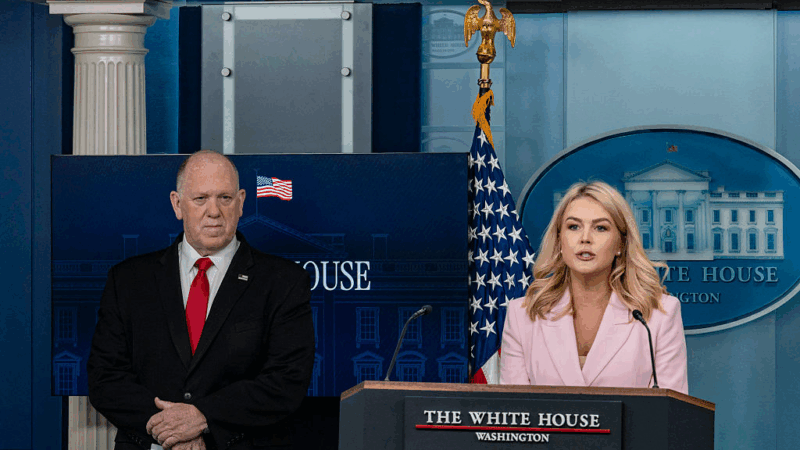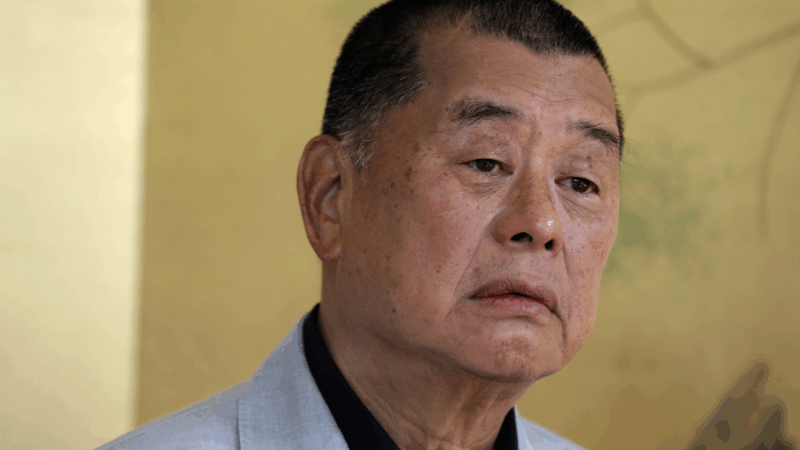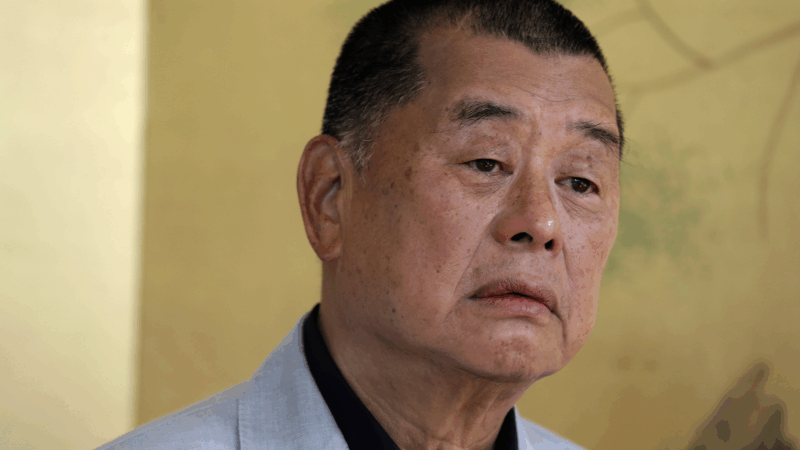The White House threatens sanctuary cities in another EO, but courts are skeptical
WASHINGTON — The White House says President Donald Trump is expected to sign an executive order on Monday aimed at identifying sanctuary cities, part of a broader effort to target jurisdictions that limit their cooperation with immigration authorities.
The executive order will direct the Departments of Justice and Homeland Security to identify jurisdictions where local enforcement has declined to cooperate with the Trump administration’s immigration crackdown, according to White House press secretary Karoline Leavitt.
“It’s quite simple,” Leavitt said during a press briefing on Monday morning. “Obey the law, respect the law, and don’t obstruct federal immigration officials and law enforcement officials when they are simply trying to remove public safety threats from our nation’s communities.”
The executive order could set the stage for more federal lawsuits against cities, states and counties that intentionally limit their cooperation with U.S. Immigration and Customs Enforcement. Those sanctuary jurisdictions argue that collaborating with ICE would drain their resources, and undermine trust between police and immigrant communities.
“We stand together in solidarity with our immigrant families,” wrote Keith Wilson, the mayor of Portland, OR, in a letter to the city council earlier this year, promising the city would try to “keep undocumented families safe by slowing or stopping cooperation with overreaching federal immigration enforcement.”
The Trump administration has also tried to withhold funding from sanctuary cities and states. During President Trump’s first term, the Justice Department tried to withhold funding from several jurisdictions — but they fought back, and were often able to defeat those efforts in court.
Last week, a federal judge blocked the administration’s latest effort to withhold funding from 16 jurisdictions, including San Francisco, Portland, Seattle, Minneapolis, St. Paul and New Haven.
“Here we are again,” wrote U.S. District Judge William Orrick in San Francisco, who found that the Trump administration’s actions were likely unconstitutional and granted a preliminary injunction.
“The threat to withhold funding causes them irreparable injury in the form of budgetary uncertainty, deprivation of constitutional rights, and undermining trust between the Cities and Counties and the communities they serve,” Orrick wrote.
Crackdown on dissent after nationwide protests in Iran widens to ensnare reformist figures
Detained Nobel Peace Prize laureate Narges Mohammadi has received another prison sentence of over seven years.
Crackdown on dissent after nationwide protests in Iran widens to ensnare reformist figures
Detained Nobel Peace Prize laureate Narges Mohammadi has received another prison sentence of over seven years.
China critic and former media tycoon Jimmy Lai is sentenced to 20 years in a Hong Kong security case
Jimmy Lai, the pro-democracy former Hong Kong media tycoon and a fierce critic of Beijing, was sentenced on Monday to 20 years in prison in the longest punishment given so far under a China-imposed national security law that has virtually silenced the city's dissent.
China critic and former media tycoon Jimmy Lai is sentenced to 20 years in a Hong Kong security case
Jimmy Lai, the pro-democracy former Hong Kong media tycoon and a fierce critic of Beijing, was sentenced on Monday to 20 years in prison in the longest punishment given so far under a China-imposed national security law that has virtually silenced the city's dissent.
Center-left Socialist candidate wins over populist in Portugal’s presidential runoff
Center-left Socialist candidate António José Seguro recorded a thumping victory over hard-right populist André Ventura in Portugal's runoff presidential election Sunday, according to official results.
Seahawks win Super Bowl title, pounding the Patriots 29-13
Seattle's "Dark Side" defense helped Sam Darnold become the first quarterback in the 2018 draft class to win a Super Bowl, to win the franchise's second title.







